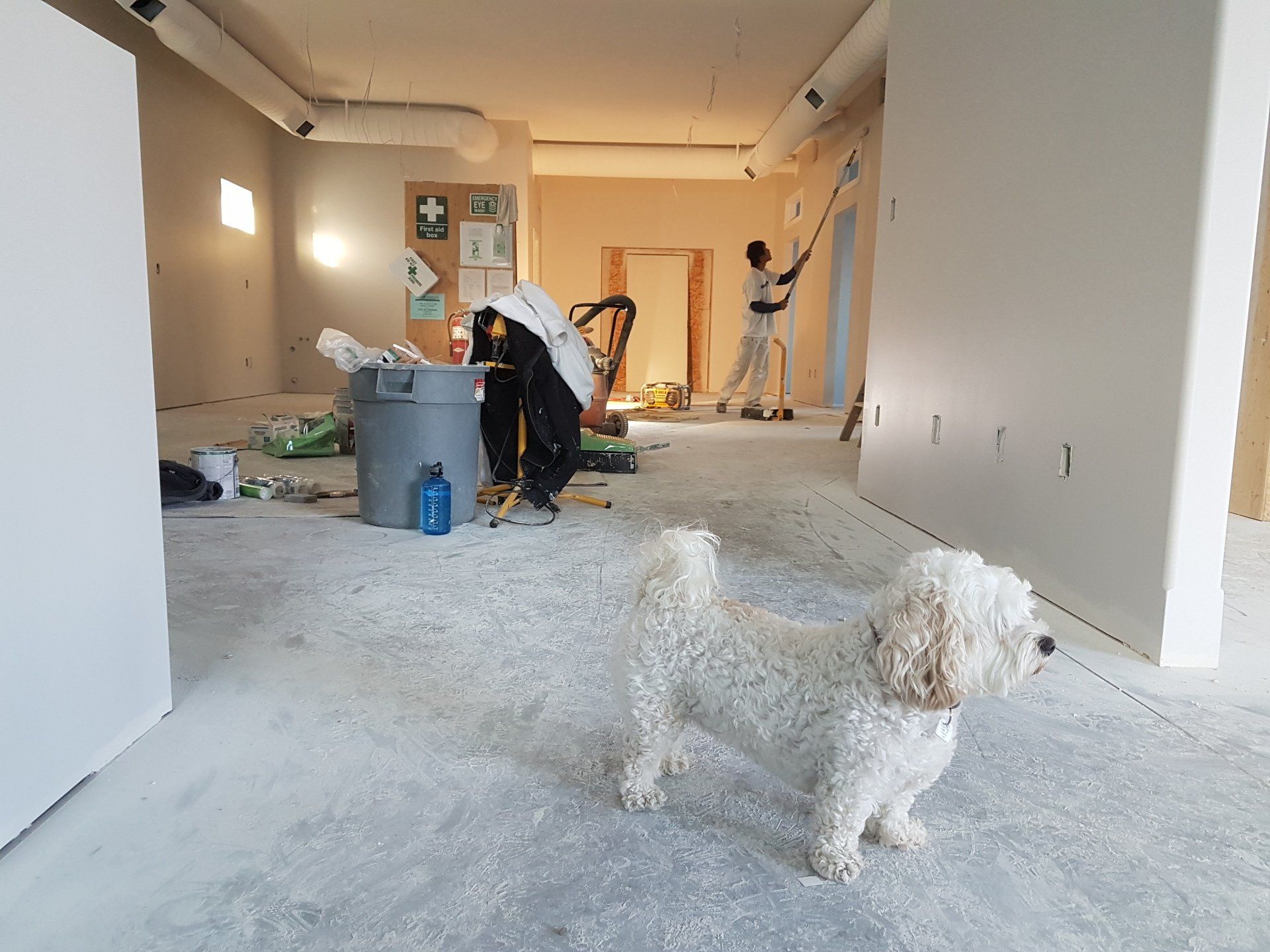Vegas Couple Sues Production Company and Associated Contractors for Alleged "Shoddy Job"

Source: 8 News Now/Las Vegas 5/6/2024
A Las Vegas couple has filed a lawsuit against a production company after appearing on the TV show "Property Brothers" and alleging that the company did a poor job. The couple alleges that the renovations done on their home were subpar and that they were misled by the show's producers, who work for the production company Cineflix. The "Property Brothers" have not been named in the lawsuit. The lawsuit seeks compensation for damages and emotional distress for a bunch of ongoing issues with their house. The production company has not yet responded to the allegations.
Although we don't know the merits of this lawsuit and have yet to deal with celebrities like the ones appearing on HGTV, Sandoval Law has pursued many cases involving issues with unlicensed contracting, construction defects, and workmanship issues. Sandoval Law has encountered unlicensed contracting by realtors, contractors who have had their licensed revoked, instagram house-flipping influencers, and others. These individuals are often skilled at marketing themselves and projecting a veneer of excellence, but lack experience and qualifications necessary to perform the work. We have also seen contractors performing work beyond the scope of their license, which is yet another concern and is still considered unlicensed contracting under Arizona law (A.R.S. 32-1154(A)(13-16).
There are many considerations all homeowners should make when hiring a contractor, among the following:
- Is the Contractor Licensed? Licensing in the State of Arizona provides a homeowner with the security of a two-year warranty for workmanship, the backing of the Registrar of Contractors for both abandonment and workmanship issues, the ability to pursue claims through the administrative law tribunal (as opposed to civil court), and the requirement of a bond to complete work in the event that the contractor cannot finish the job. Keep in mind that there is a "handyman exemption" for unlicensed contractors, but that is limited to jobs of $1,000.00 or less, which cannot be 'gamed' just by splitting up a job into smaller blocks.
- Does the Contractor have insurance? Not all licensed contractors are insured. Before engaging a contractor, ask them for a copy of their declarations page, which is the document that shows the effective dates and extent of coverage. Insurance can become crucial, especially if a contractor becomes insolvent and declares bankruptcy. Note that not all claims are covered by insurance, so the presence of insurance is helpful, but not a cure-all.
- Can the contractor give references and pictures of other jobs they completed? Many contractors do not maintain an online presence for reviews, and even if they do, Sandoval Law has investigated and pursued some contractors who appear to be hiring people to post fake reviews to boost their presence and appearance. As a general rule, take online reviews with a grain of salt. A contractor's past work (especially a few years prior) is a helpful indication of workmanship and their willingness to cure and defects to make good on their warranty. Just asking for references might give you a telling reaction.
- Have they been sued? If you're in Maricopa County, it is very easy to search a contractor or its owner's names to see if there has been past civil litigation concerning its work. Keep in mind that just because a contractor does not have any complaints listed with the ROC, does not mean they are perfect. Many contraction cases proceed though civil litigation in lieu of proceeding through the ROC and administrative law tribunals. Of course, there are many reasons a lawsuit can be filed and the presence of a lawsuit is not proof positive that the contractor has a history of problems. That said, if they have many lawsuits where they are listed as a defendant, it is probably worth considering other options. Most competent contractors are able to work out problems and either resolve them with the homeowner directly or under the ROC's review process.
- Does the contractor present you with a written bid/contract outlining the scope of work? This is a requirement under state law for most construction. Putting aside that requirement, it is important to have terms spelled out for you to understand what you are getting and to make an apples-to-apples comparison of competing bids.
As always, Sandoval Law is here to help with the ins-and-outs of Construction Law. Should you need help with drafting a contract or find yourself in a defect or workmanship or abandonment situation, please give us call.

